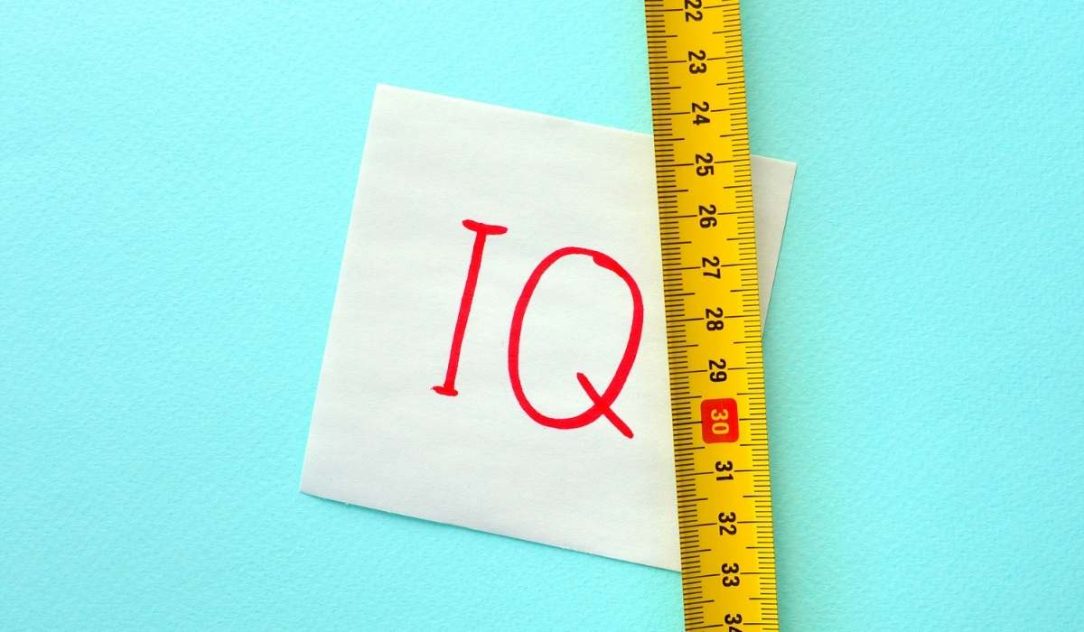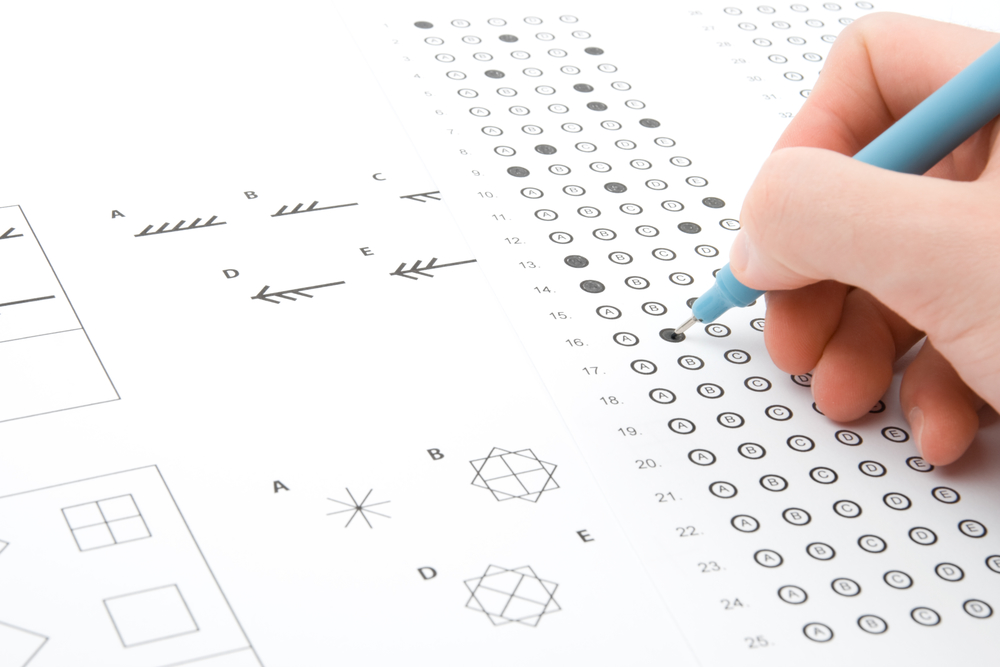Have you ever wondered about what is your IQ? Or were you afraid to check, because it may mean that you’re less intelligent than others?
Someone can score 120, or 91, but what do these figures really mean? What do they say about your personality? Is it even possible to determine how intelligent someone is just by testing?
IQ tests were first designed by a French Alfred Binet, who did this upon the government’s request. They wanted to have a tool that will show whether someone needs help in education. Only later the same test was used to measure a person’s intelligence, although the author specifically said that it only measures certain capabilities.
This means that it only measures the ability of a person to understand abstract logic, not a number of other things that make up overall intelligence.

Source: this-quiz.com
So, Binet designed tests that later became IQ tests and are a way of measuring one’s intelligence on a scale from 1 to 100. What happened later happened on the other side of the Atlantic, when these tests were adopted by American psychologists. They decided that IQ is innate, that we are born with it and there is nothing we can do to change it. They also found that different ethnic and social groups of the population have different innate IQs.
As new immigrants arrived in the US in 1915, they had to take a test. Ashkenazis, Jews originating from Northern, Central, or Eastern Europe, have been shown to have a higher frequency of lower scores, which is why they have been discouraged and tried to prevent immigration. On the other hand, people from the Nordic countries had a higher score more often, they were encouraged when they applied for immigration.
Such an approach by researchers who conducted early tests in the USA was later decisively rejected. It is interesting that during the First World War, the Ashkenazis had relatively poor results on these tests, while during the Second World War they showed better than average results. It is believed that the reason for this is that they had a better education and a better diet and that the parents, on average, became better educated than their ancestors, which affected the children’s results.
This has brought IQ testing into question because the reason different groups can achieve different results depends on the fact that these tests measure abstract intelligence. Specifically, your ability to deal with abstract logic. And that’s often determined by what you experienced in your early years, experts say.
It was also noted how women, in the early 20th century, when tested showed lower results than men, but not always. Believe it or not, there’s a quite logical explanation behind this. The test requires one to fulfill something, for example, a puzzle, and measures your score based on the time you need to solve this problem. It is only natural for those who have been doing the same activity to score better results, but for a woman who has never encountered such tasks, it takes time to understand what is required from her to do. So, in a way, practicing this type of task can make one score higher.

Source: prva.rs
In former times people had to test places to take it and see what they score, but today these are also available online, on iq-global-test.com . Even if it does measure only one aspect, it is still interesting to see what you score.
Another misunderstanding about these is that people think it measures how smart someone is, while in reality, it’s just how one copes with abstract logic, as we mentioned earlier in the article. Intelligence is a very broad term. Besides abstract logic, there are a couple more types, such as emotional and practical intelligence, long-term memory, and wisdom, which the test cannot measure.
At this point, you may think that we are against these tests, but we just want to point out how only one aspect of human intelligence can be measured with them.
Intelligence is a multi-layered concept and all its aspects cannot be measured and expressed numerically, not even through a single number, which is the result of such a test. And the genetic picture of it is influenced by thousands of genes, which shows that it is a much more complex thing than what can be measured by such testing, they conclude.
So, how can you know someone is intelligent, or as they smart?

Source: unsplash.com
Intelligent people are perfectly aware that even though they have been learning all their lives, there is still much that they still don’t know. There’s still so much to be learned, so much they can learn. Asking questions is their style. Tons of questions until they are clear about the answer.
People often associate education, social status, or career with one’s intelligence. But that has nothing to do with it. The fact that someone, for example, has a university degree does not necessarily indicate that he is excessively intelligent. But if he accepts mistakes and understands that they are a part of life, then it can be said that he is more intelligent than others and that is a sign by which you can recognize that someone is intelligent. Such people know that a lot can be learned through mistakes and that they are actually life lessons.
There is a definition of intelligence that sounds something like this – it is the ability to learn from one’s own and other people’s experiences, as well as the ability to quickly navigate unfamiliar situations.
A Chinese proverb says: “He who asks a question is a fool for five minutes, he who does not ask questions – remains a fool forever.”
After reading all the above, it is safe to conclude that these are not valid ways to evaluate someone’s intelligence because the term is a lot broader and depends on so many aspects.




